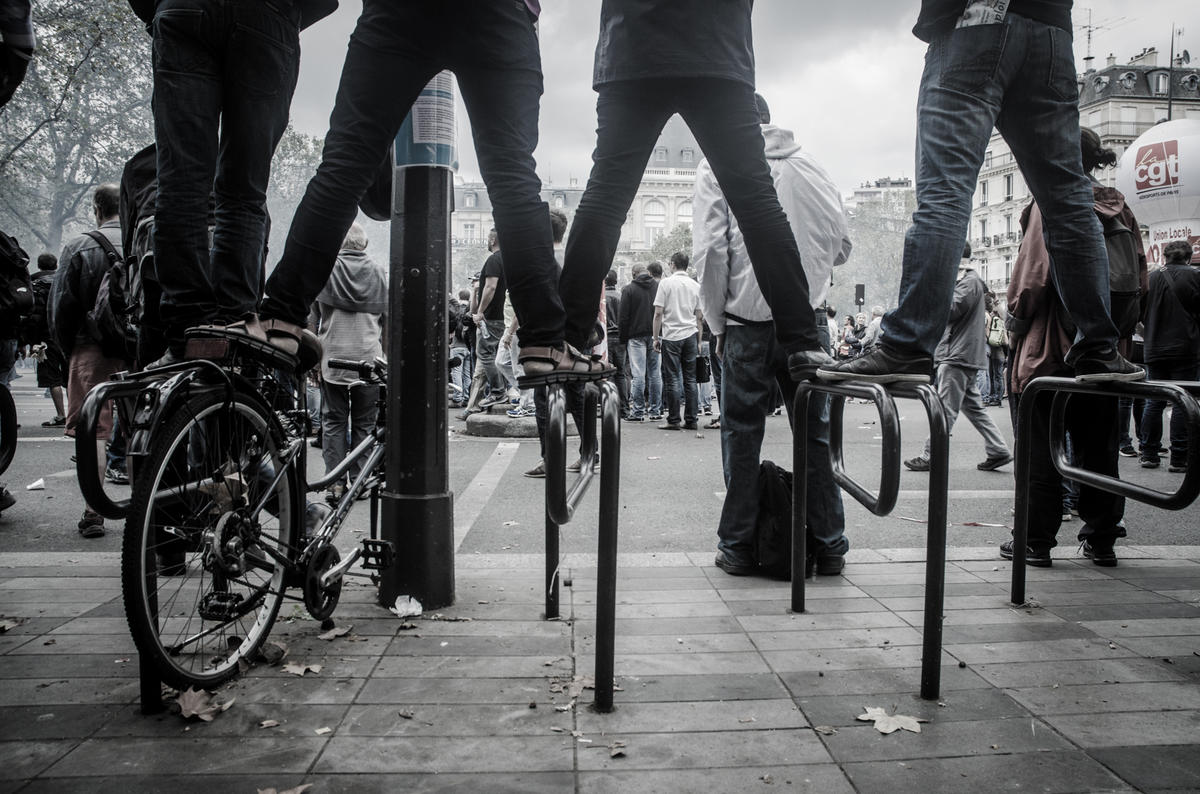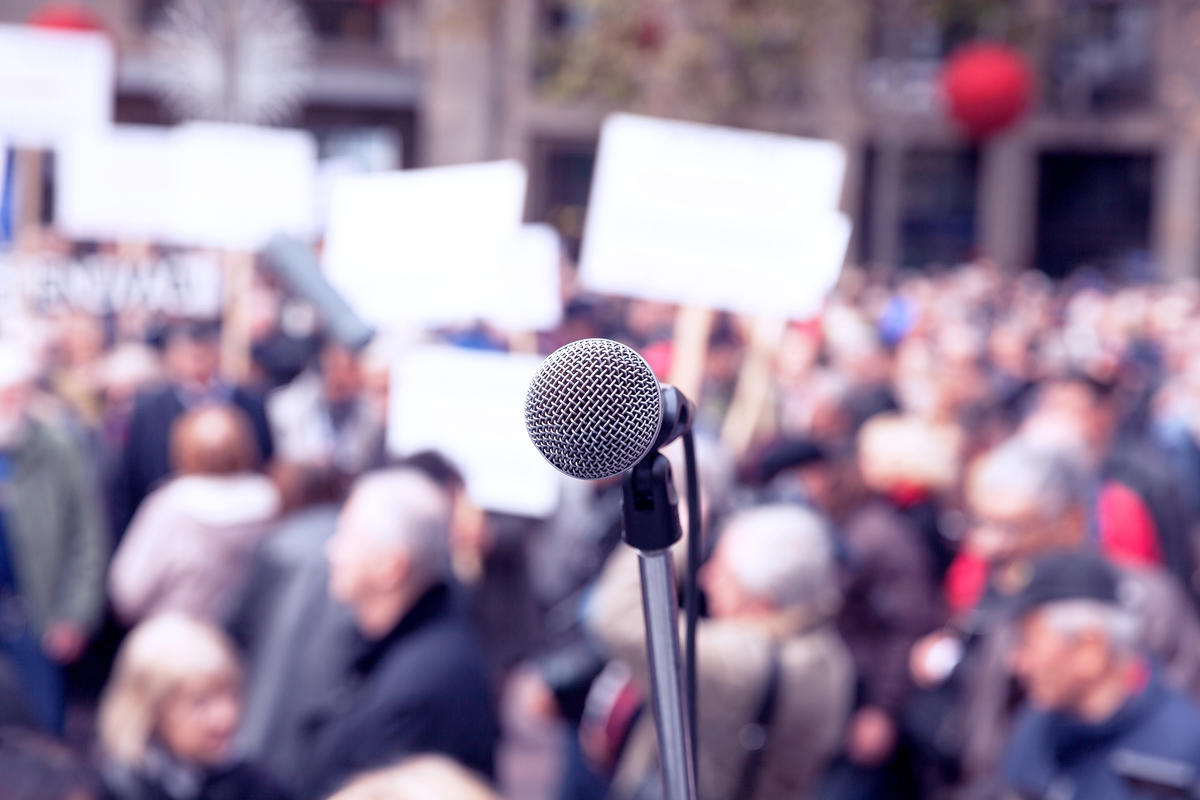One of the key findings in this year’s Edelman Earned Brand study is that consumers in emerging markets are strongly committed to buying on their beliefs. In China, 78 percent of people are Belief-Driven Buyers; in India, it’s 68 percent.
In Western markets, some successful brands have leaned more toward activism or politics when they take a stand. In Asia-Pacific, however, brands are more likely to hit the sweet spot by taking a stand on cultural or societal issues.
Lifebuoy got people across the globe to join them on their mission to reduce child mortality in the developing world with its “Help a Child Reach 5” campaign. Surf Excel, a Unilever brand, is helping parents and children see failure as a learning opportunity, while Mirinda from Pepsico India has focused on helping to reduce exam pressure among teen students. In China, Johnson & Johnson has taken a stand to end myopia among children.
For the Asia market, calibrating your stand to local cultures is crucial. But when a brand’s barcode carries a moral code, the opportunity to engage more consumers grows enormously.
Rupen Desai is vice chairman, Brand, APAC.




